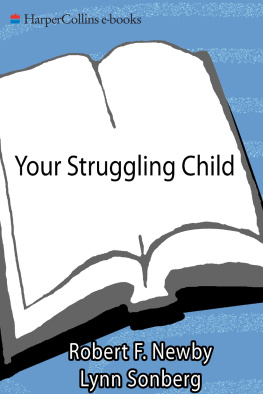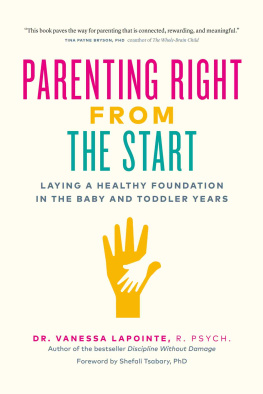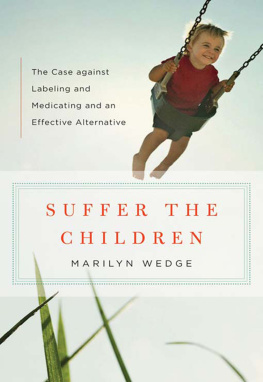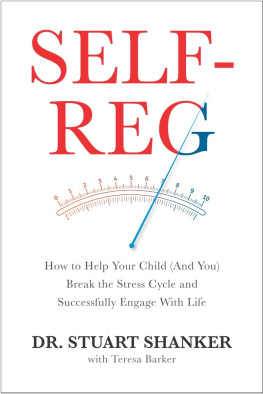Dr. Lawrence E. Shapiro - An Ounce of Prevention: How Parents Can Stop Childhood Behavioral and Emotional Problems Before They Start
Here you can read online Dr. Lawrence E. Shapiro - An Ounce of Prevention: How Parents Can Stop Childhood Behavioral and Emotional Problems Before They Start full text of the book (entire story) in english for free. Download pdf and epub, get meaning, cover and reviews about this ebook. year: 2010, publisher: HarperCollins, genre: Children. Description of the work, (preface) as well as reviews are available. Best literature library LitArk.com created for fans of good reading and offers a wide selection of genres:
Romance novel
Science fiction
Adventure
Detective
Science
History
Home and family
Prose
Art
Politics
Computer
Non-fiction
Religion
Business
Children
Humor
Choose a favorite category and find really read worthwhile books. Enjoy immersion in the world of imagination, feel the emotions of the characters or learn something new for yourself, make an fascinating discovery.

- Book:An Ounce of Prevention: How Parents Can Stop Childhood Behavioral and Emotional Problems Before They Start
- Author:
- Publisher:HarperCollins
- Genre:
- Year:2010
- Rating:5 / 5
- Favourites:Add to favourites
- Your mark:
An Ounce of Prevention: How Parents Can Stop Childhood Behavioral and Emotional Problems Before They Start: summary, description and annotation
We offer to read an annotation, description, summary or preface (depends on what the author of the book "An Ounce of Prevention: How Parents Can Stop Childhood Behavioral and Emotional Problems Before They Start" wrote himself). If you haven't found the necessary information about the book — write in the comments, we will try to find it.
Most parents understand the importance of prevention when it comes to the physical health and safety of their children. But what many parents dont realize is that it is also possible to use preventive measures for emotional and behavorial problems. As child psychologist Dr. Lawrence E. Shapiro explains in this provacative new book, parents tend to start paying attention only after actual symptoms begin to develop. Yet many problems can be addressed long before symptoms appear-if parents know just what to look for. Preventing emotional problems is much easier than treating them after they have already become disruptive to a childs life.
In An Ounce of Prevention, Dr.Shapiro presents a variety of imaginative, highly successful strategies for handling the pivotal moments in every childs emotional developmentm, from the infant and toddler years through the grad school and teenage years. He helps you understand whether your child is at risk for specific problems and what you can do to reduce the risk. Dr.Shapiro offers advice for parents on such subjects as depression, underachievement, shyness, eating disorders, fallout from divorce, ADHD, and much more.
Some of the suggestions will seem like common sense. Teaching your child good eating habits from a very young age will prevent eating disorders in adolescence. Helping a shy child make a phone call to a new friend will prevent social alienation in the teen years. But other recommendations may be surprising. Fearful babies should not be coddled if they outgrow their hypersensitivity. Toddlers should not be overly praised if you want them to as strive for success later in childhood. Parents should become more involved in their teenagers education even when their teens are pulling away.
Filled with wonderful examples and lots of concrete advice, this book presents all the skills you need to hlep your child become more resilient when confronted with many problems that face todays children and teens. Provide an ounce of prevention every day. It will make a difference in your childs happines-and yours.
Dr. Lawrence E. Shapiro: author's other books
Who wrote An Ounce of Prevention: How Parents Can Stop Childhood Behavioral and Emotional Problems Before They Start? Find out the surname, the name of the author of the book and a list of all author's works by series.








